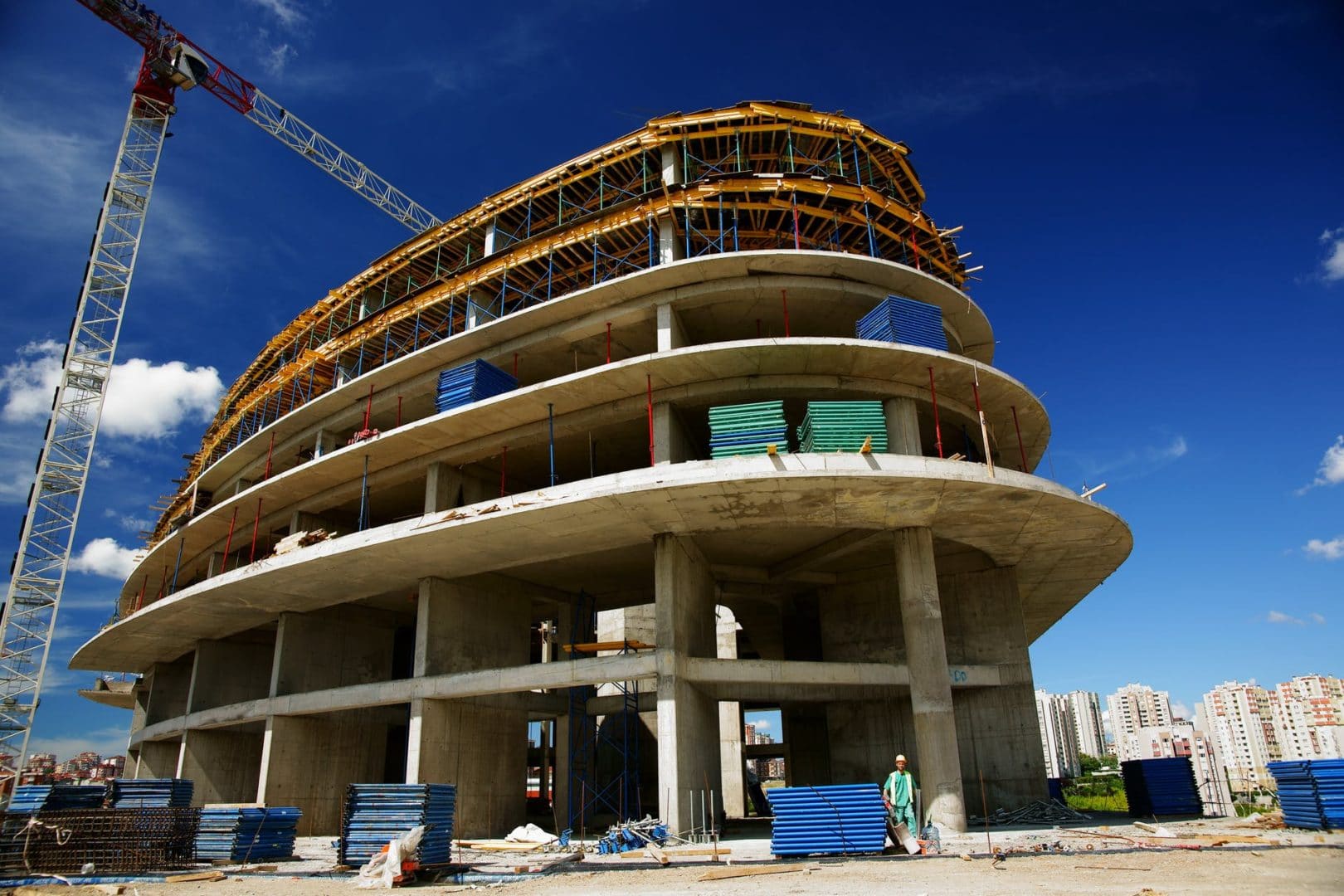Updated on 2024/03/21- If you choose to build your dream home rather than buy an existing one, there are a couple of tips that I will give you on how to identify the best bank construction loans and how to secure it.
You do not need a traditional mortgage for construction; instead, you can go for a construction loan.
In this article, I will enlighten you on what these loans are, where you can access them as well as some of the pros and cons of using one to finance your home.
Read also on construction financing and how it works
What are bank construction loans?
A construction loan is a higher-interest, shorter-term loan used to cover the cost of building or rehabilitating your home.
This kind of loan is also a “self-build loan” and is a short-term loan used to finance the building of a home or another real estate project.
Related: Type of Mortgage loans in Kenya.
Types of construction loans
There are three types of construction loans that you can choose from.
1. Construction-to-permanent loans
If you have deadlines and construction plans in place, this would be the best kind of loan for you to take.
For this kind of loan, the bank pays the builder as the work is in progress and being completed. The cost is then converted to a mortgage at closing.
At closing, you can lock interest rates which makes for steady payments.
2. Renovation construction loans
If you want to invest in a rundown building, then this is the type of loan that you want to apply for. Any projected cost of the renovations of the fixer-upper building is usually wrapped up in in the mortgage, along with the purchase price.
See also, List of Affordable Plots to Invest in January 2020
3. Construction-only loans
Once the building is complete, this kind of credit has to be paid up in full.
If you are liquid enough, this would be the best option for you, this, of course, means that you need to be confident that the proceeds from the sale of your current home will cover another build.
If you, however, need a mortgage to cover the cost, you’ll have to search for the lender yourself and be approved a second time.
Advantages of bank construction loans
1. Flexibility
Bank construction loans are much more flexible as opposed to traditional loans in terms of loan terms and guidelines.
You get to save more after taking our a bank construction loan because you’ll only be expected to pay lower, interest-only payments on the loan.
Read also on how to bid on construction projects
2. Interest-only during construction
Most lenders do not ask for you to pay for the capital during the development of the project. They only ask for payment on the interest on the withdrawn amount.
Most lenders also expect you to make full payment only after the completion of the construction.
3. Added scrutiny provides structure
This, in the long run, ensures that the project stays on course in terms of budget and schedule.
At first, it may not seem like the case, but the more strict a bank is on you, the better the deadlines are met.
Disadvantages of bank construction loans
1. High-interest rates
Bank construction loans usually have variable interest rates. This may even vary according to the banks best customers.
Interest rates that correspond to a certain percentage over the prime rate.
For example, if the prime rate is 4% and your loan rate is prime plus 2%, you would pay 6%.
2. Hard to qualify for
Because bank construction loans are so flexible, they are often harder to be eligible for in terms of credit and downpayment.
Usually, they accept a high downpayment as well as you need to have a good credit score to access this facility.
3. Shorter-term loans are a risk
The banks expect the borrower to be able to pay off the loan in full at the end of the loan term.
If you are going for a construction-only loan, make sure you have a way to pay off the loan, even if your original financing falls through.
Qualifications for a bank construction loan
-
Detailed descriptions
You will need to provide a list of detailed information which generally includes everything from floor plans, cost and profit projections to a timeline of the anticipated project and an inventory of materials that are going to be used, suppliers and subcontractors.
2. Qualified contractor
To get a financier for your project, you will need to hire a reputable and licenced contractor,
To make sure this is up to par, including the contractors current and past projects in your loan application.
3. Ability to repay the loan
You must have good credit and also a source of income if you want to qualify for a construction loan.
The lender will require to see this proof before they commit to giving you the loan.
Read also on investing in real estate in Kenya
4. Downpayment
Most lenders ask for a downpayment before the construction takes place.
This is a way of the ender to caution themselves in case things go south and also to ensure that you can carry out the cost of construction.
5. The property must be appraised
Banks before approving loans carry out an appraisal because loan qualification criteria are based on the value of the finished product.
These appraisals are location-specific and depend on market conditions.
Where to access bank construction loans
- Consolidated Bank
- CBA
- National Bank
- Stanbic Bank
- Cooperative Bank
- Barclays Bank
- NIC Bank
- HF Group
- Family Bank
- Equity Bank
Read Also:




